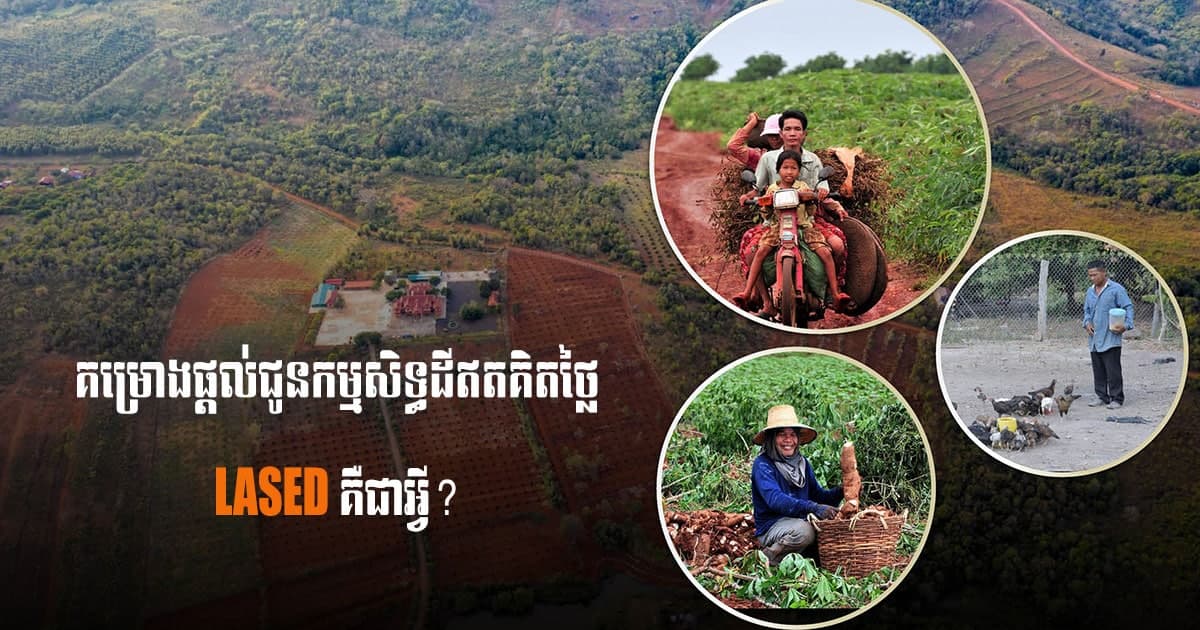Japan Enhances Cambodia’s Development with Significant Aid Package
In a remarkable commitment to bolster socio-economic progress in Cambodia, the Japanese government has announced a generous grant of 404 million yen, which is approximately USD 2.9 million. This funding aims to support a range of important development projects that will positively impact communities throughout Cambodia. The official signing ceremony took place on February 27, […]
Cambodia’s Professional Organisations Surge to 6,491 Amid Growing Civic Engagement
The Ministry of Labour and Vocational Training has reported a sharp rise in professional organizations across Cambodia, with a total of 6,491 registered as of November 2024. This milestone was highlighted by HE Heng Sour, Minister of Labour and Vocational Training, during the 76th anniversary celebration of International Human Rights Day on 08 December 2024. […]
Constitution Monument, Costs USD 2m, Inaugurated as a National Heritage Landmark
The Constitution Monument, a national heritage site and enduring symbol of Cambodia’s Constitution, was officially inaugurated near the Independence Monument, standing as a proud testament to the nation’s legal foundation. This iconic structure, built at a cost of USD 2.24 million, was unveiled during a grand Royal Inauguration Ceremony, presided over by His Majesty King […]
ASEAN Constructors Federation Drives Innovation & Unity at 56th Council Meeting in Malaysia
The ASEAN Constructors Federation (ACF) made significant strides at its 56th Council Meeting in Kuala Lumpur, achieving breakthroughs in safety standards, digital transformation, and sustainable practices. With representation from all eight ASEAN member states, the meeting highlighted key projects like Cambodia’s airport development and the 180-kilometre canal linking Phnom Penh to Kampot, alongside Malaysia’s innovative […]
Cambodian Gov’t Allocates US$1.359bn in Subsidies to Support 700,000 Vulnerable Families
The Cambodian government allocated US$1.359 billion to support approximately 700,000 poor and vulnerable families, benefiting a total of 2.8 million individuals. This major financial commitment was highlighted during the 12th meeting of the National Council for Social Protection at the end of July 2024. The cash assistance program spanned 46 months, including a full implementation […]
Cambodia Honours Eight Top Cashew Processors of 2024
On 6 June 2024, the Ministry of Agriculture, Forestry and Fisheries (MAFF) celebrated the winners of the 2024 Best Cashew Processors Competition, awarding eight companies and enterprises for their excellence in cashew processing under the chairmanship of HE Oung Kosal, Secretary of State of MAFF. The top honours were awarded to companies from various provinces, […]



 ខ្មែរ
ខ្មែរ







